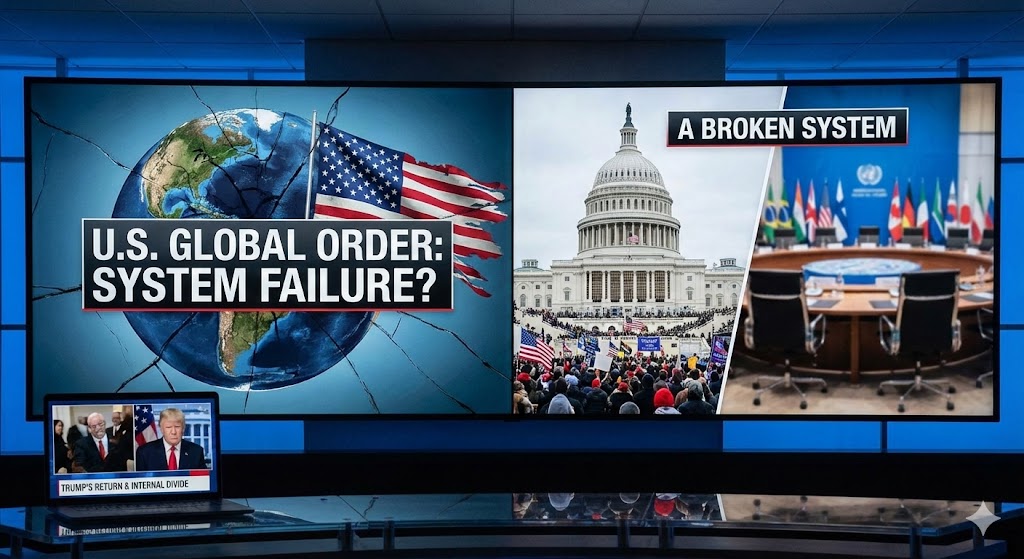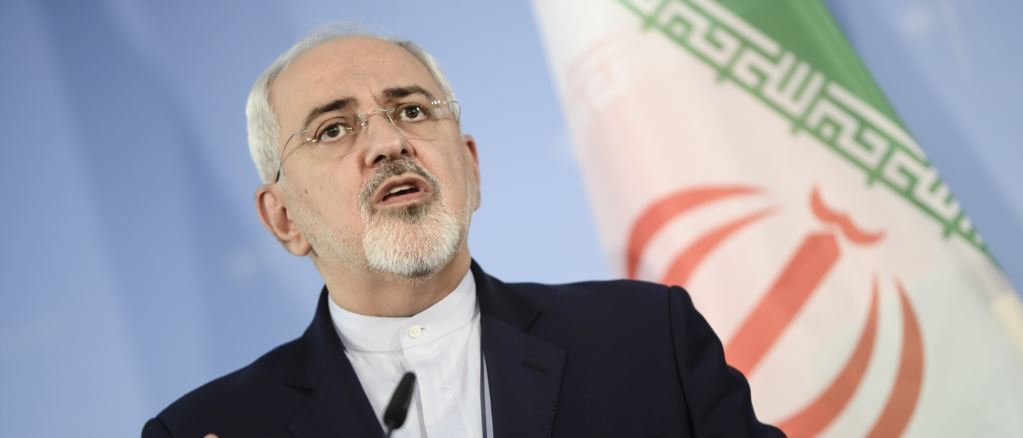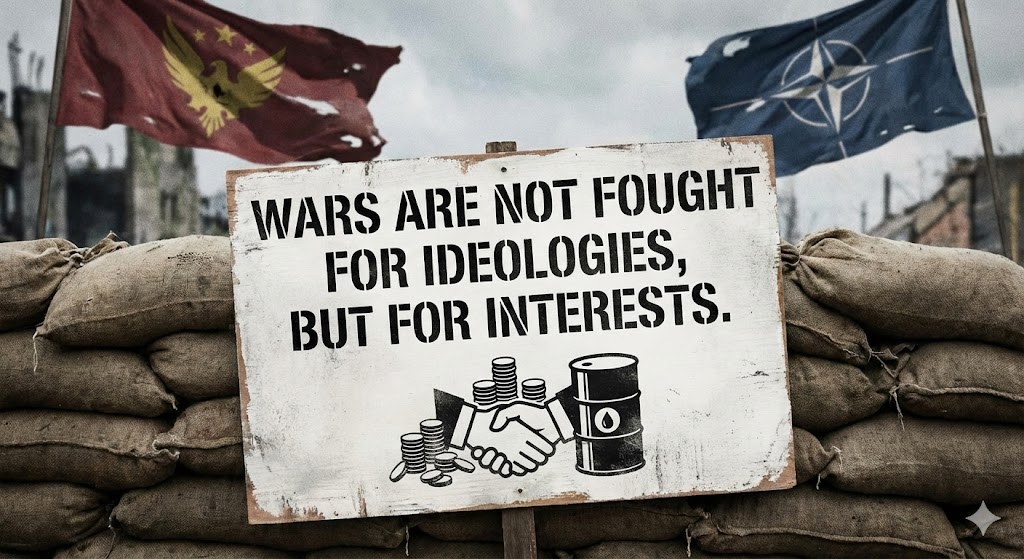Iran Keeps Region Guessing: Speculation Surrounds Possible Retaliation for Alleged Assassination of Hamas Leader in Tehran
Introduction
The Middle East is no stranger to geopolitical tensions, but recent events have set the region on edge once again. Following the alleged assassination of a Hamas leader in Tehran, attributed by some sources to Israel, the question now dominating regional discourse is: How will Iran respond? The possibility of retaliation has analysts and governments alike closely monitoring the situation, as the implications of any Iranian action could reverberate far beyond the borders of the Middle East.
The Context: A History of Hostility
The relationship between Iran and Israel has long been marked by mutual hostility. Iran’s support for groups like Hamas, Hezbollah, and Islamic Jihad, all of which oppose Israel, has been a cornerstone of its regional strategy. On the other hand, Israel has conducted numerous operations to counter Iranian influence and its support for these groups. The latest incident, involving the alleged assassination of a senior Hamas figure in Tehran, has once again brought this volatile relationship to the forefront.
Hamas, a Palestinian Islamist organization, has been a key ally of Iran in its opposition to Israel. The death of a senior Hamas leader on Iranian soil, if indeed orchestrated by Israel, represents not only a direct attack on Hamas but also a significant provocation against Iran itself. The stakes are high, and the potential for escalation is real.
Speculation on Iran’s Response
Iran’s possible response to the assassination has been the subject of intense speculation. Tehran has a range of options at its disposal, from direct military action to cyberattacks or proxy warfare through allied groups like Hezbollah or militias in Iraq and Syria. The decision of how to retaliate is likely being weighed carefully by Iranian leadership, considering both domestic and international factors.
- Military Retaliation:
- Direct Attack: One possibility is that Iran could launch a direct military strike against Israeli targets, either through missile attacks or by mobilizing its proxies in Lebanon, Syria, or Gaza. However, such a move would almost certainly lead to a full-scale conflict, which might be deemed too risky given Iran’s current economic challenges and the fragile state of the region.
- Naval Operations: Iran could choose to retaliate through its naval forces, particularly in the strategically vital Strait of Hormuz. Any action that threatens shipping lanes or targets Israeli interests in international waters could escalate tensions further, impacting global oil prices and drawing in other international actors.
- Cyber Warfare:
- Iran has developed significant cyber capabilities and could opt for a retaliation that avoids physical conflict. Cyberattacks on Israeli infrastructure, financial systems, or military assets could send a strong message while avoiding the immediate risks of a military confrontation. This method of retaliation would be difficult to trace definitively back to Iran, providing Tehran with plausible deniability.
- Proxy Warfare:
- Iran’s network of proxy forces across the Middle East offers another potential avenue for retaliation. Hezbollah in Lebanon, various militia groups in Iraq, and Palestinian factions in Gaza could all be mobilized to carry out attacks against Israeli interests. This approach allows Iran to strike at Israel indirectly, minimizing the risk of direct retaliation against Iranian territory.
- Diplomatic Maneuvering:
- Iran might also choose to respond through diplomatic channels, leveraging its alliances and partnerships to isolate Israel internationally. By rallying support from other countries in the region and beyond, Iran could seek to increase pressure on Israel without resorting to military action. This strategy could involve pushing for resolutions at the United Nations or strengthening ties with countries like Russia and China to counterbalance Western influence.
Regional and Global Implications
Whatever form Iran’s retaliation takes, the potential consequences for regional and global stability are significant. A direct military confrontation between Iran and Israel could draw in other countries, either through formal alliances or because of the broader impact on global security.
- Regional Security:
- The Middle East is already a region fraught with conflict and instability. Any escalation between Iran and Israel could spark a wider conflict involving other regional powers, such as Saudi Arabia, Turkey, or even the United States. The delicate balance of power in countries like Iraq, Syria, and Lebanon could be further destabilized, leading to increased violence and humanitarian crises.
- Impact on Global Markets:
- The global economy is highly sensitive to events in the Middle East, particularly when they involve key players like Iran and Israel. A military escalation could lead to disruptions in oil supply, particularly if the Strait of Hormuz becomes a flashpoint. This could cause a spike in oil prices, affecting economies worldwide and adding to the economic pressures already felt due to other global challenges.
- Diplomatic Fallout:
- Any Iranian retaliation could complicate relations with Western countries, particularly the United States, which has been attempting to engage with Iran on various fronts, including the nuclear issue. An escalation could derail any diplomatic progress and lead to further sanctions or even military interventions. Additionally, the situation could impact Iran’s relationships with other major powers, such as Russia and China, who have their own interests in maintaining stability in the region.

Israel’s Preparedness and Potential Response
Israel is well aware of the risks of Iranian retaliation and is likely preparing for a range of possible scenarios. The Israeli military, known for its advanced capabilities, including missile defense systems like the Iron Dome, is likely on high alert. Additionally, Israel’s intelligence services, which have been credited with numerous successful operations against Iranian interests, will be closely monitoring Iran’s moves.
Israel’s response to any Iranian action will depend on the scale and nature of the attack. A direct military confrontation would likely result in a swift and decisive response from Israel, with the potential for widespread conflict. However, Israel might also choose to respond asymmetrically, using its own cyber capabilities or engaging in covert operations to counter Iranian moves without escalating to full-scale war.
The Role of International Powers
The involvement of international powers, particularly the United States, could be a decisive factor in how the situation unfolds. The U.S. has historically been a close ally of Israel and has provided significant military and diplomatic support. However, the Biden administration may be reluctant to become embroiled in another Middle Eastern conflict, particularly given its focus on other global issues, such as the war in Ukraine and tensions with China.
Russia and China, both of which have strategic partnerships with Iran, could also play key roles. Russia, which has been deeply involved in Syria, might seek to mediate or support Iran in its response, while China, with its growing economic ties to the region, might prefer to see stability maintained to protect its interests. The actions of these major powers could either escalate or de-escalate the situation, depending on how they choose to engage.
Conclusion
The alleged assassination of a Hamas leader in Tehran has once again brought the longstanding hostility between Iran and Israel into sharp focus. As speculation swirls about how Iran might retaliate, the region remains on edge, with the potential for significant escalation. Iran’s options range from direct military action to cyberattacks and proxy warfare, each with its own set of risks and consequences.
Whatever course Iran chooses, the implications for regional and global stability are profound. The situation underscores the fragility of peace in the Middle East and the complex interplay of forces that shape the region’s geopolitics. As the world watches and waits, the potential for a new chapter in the ongoing conflict between Iran and Israel looms large, with consequences that could extend far beyond the Middle East.









